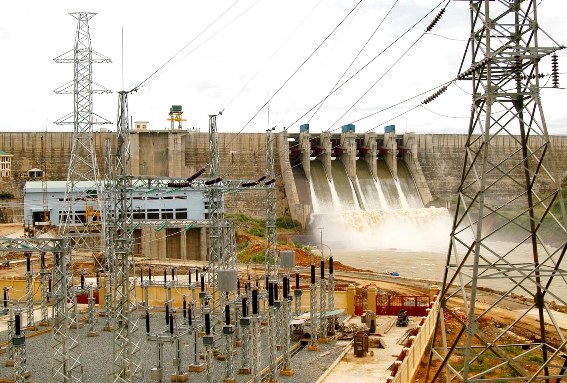
Kimio Yoshida, head of JICA’s research group for a master plan for conservation and effective use of energy in Vietnam, said Vietnam was the third largest power consumer in Asia after China and Indonesia.
Necessary measures for conserving and using energy effectively remain undone, Yoshida told a seminar on energy conservation in the city late last week. The Japanese agency is helping Vietnam with a master energy plan which was launched in July 2008 and will run until November.
According to the Office for Energy Conservation of the Ministry of Industry and Trade, the country has some 3,800 high-rise buildings and large commercial centers. However, 95% of these did not factor energy conservation standards into their initial architectural designs.
The industry/trade ministry recently said that while traditional fossil fuels such as crude oil, gases and coal were rapidly being depleted, renewable energy sources such as wind, water and solar power and biofuels were undeveloped.
To remedy this, the Law on Energy Efficiency, which is expected to be discussed by the National Assembly next month, may pass and become effective by 2011.
According to the industry/trade ministry, Vietnam’s reserves of crude oil, gases and some other fossil fuels will be exhausted within 30 years. The country will then need to import 100 million tons of fossil coal each year to meet the material demand for the schemed thermo-electric plants to begin operations by 2020.
Tran Manh Hung, head of the Economy and Forecast Department for Energy Demand of the National Institute of Energy, told the Daily late last week that with the very slow construction of power plants around the country, Vietnam would surely be importing energy for the increasing national energy demand from 2020 onwards.
Hung said that to make up for the coming power shortage, the country was building thermo-electric plants. He warned that it would not be easy to import sufficient fossil coal in the future.
Vietnam targets to reduce energy consumption by 5% in 2006-2010 and by 8% in the next decade.